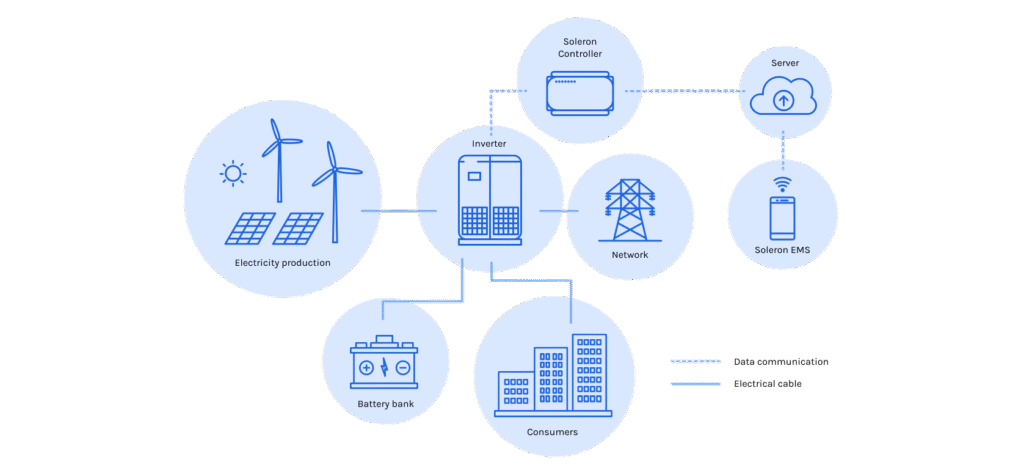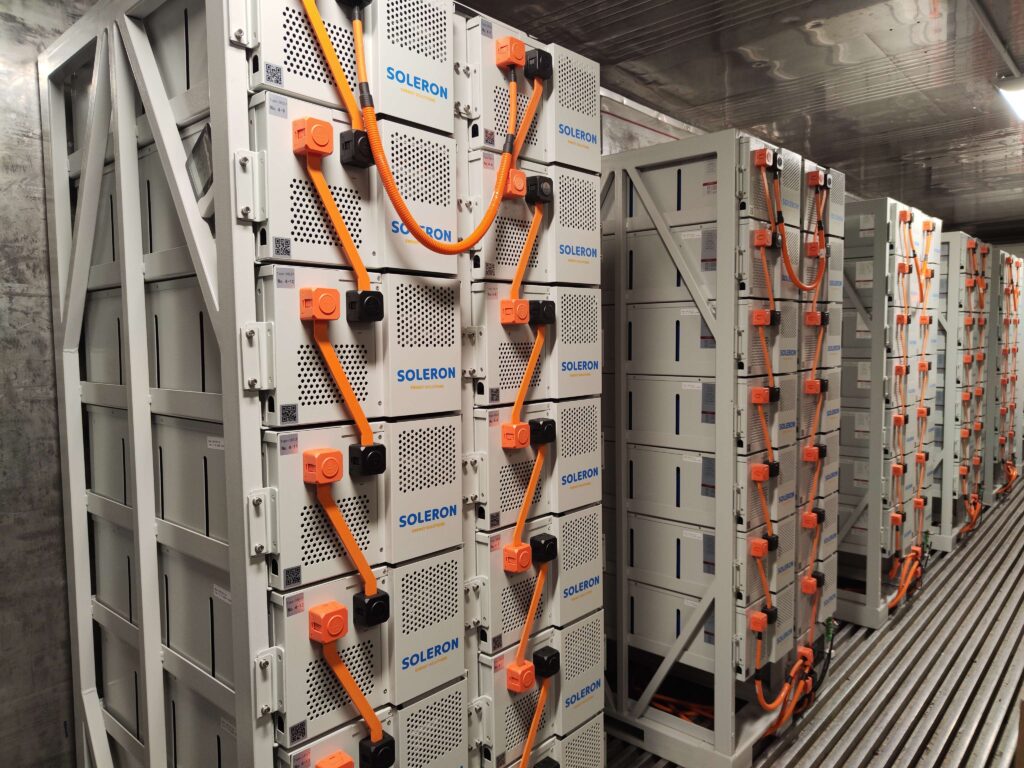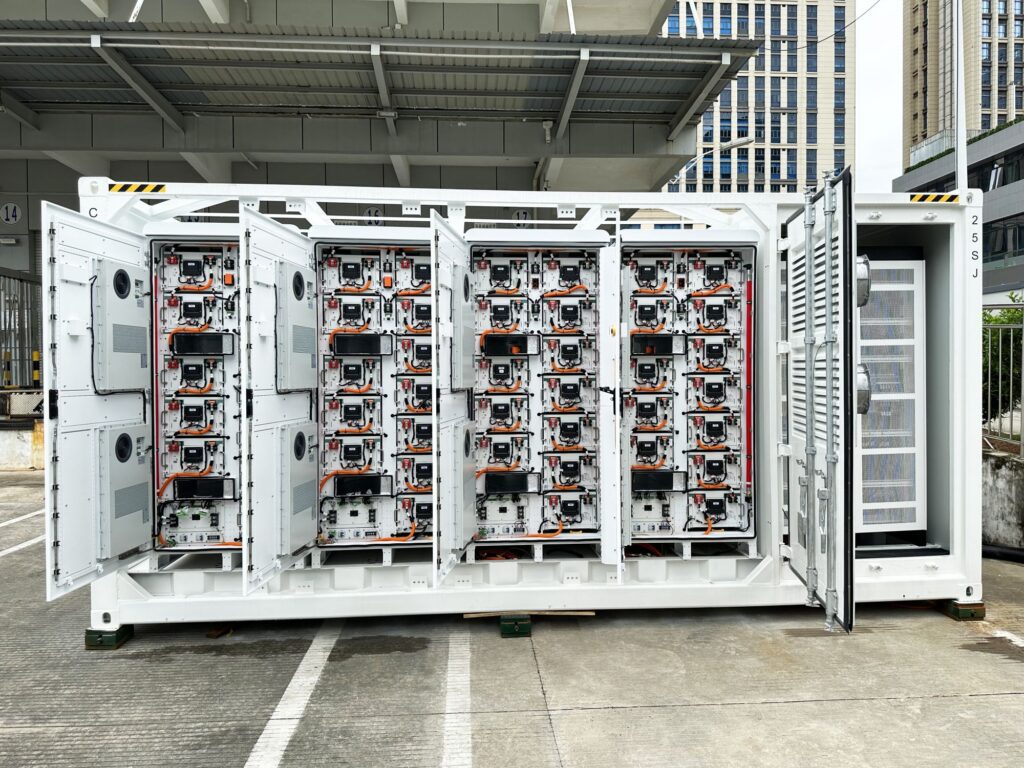Battery energy storage systems are becoming an increasingly important part of our energy infrastructure. Their role is critical for effectively integrating renewable energy sources like solar and wind power into energy grids. Since renewable energy generation is often unpredictable, energy storage helps ensure a stable energy supply even when natural forces are not in our favor.
One of the most significant battery energy storage technologies is lithium-ion batteries, widely used in electric vehicles and home energy systems. Additionally, hydrogen technologies and gravitational energy storage solutions suitable for large-scale storage are rapidly advancing. All these solutions help reduce reliance on fossil fuels and improve energy production efficiency.
The importance of energy storage is also emphasized by the Executive Director of the International Energy Agency (IEA), Fatih Birol, who has stated:
The two cornerstones of energy storage development are energy supply stability and environmental sustainability
Indeed, without efficient storage solutions, many green energy sources would remain underutilized, as their productivity does not always align with energy demand.
In addition to environmental benefits, energy storage has significant economic potential. It can reduce electricity bills by enabling households to store energy during cheaper off-peak hours and use it during more expensive peak times.
Thus, energy storage is not only a technological innovation but also a crucial step toward a more sustainable and cleaner future. With robust development efforts and investments, this field can play a key role in supporting the global energy transition.





